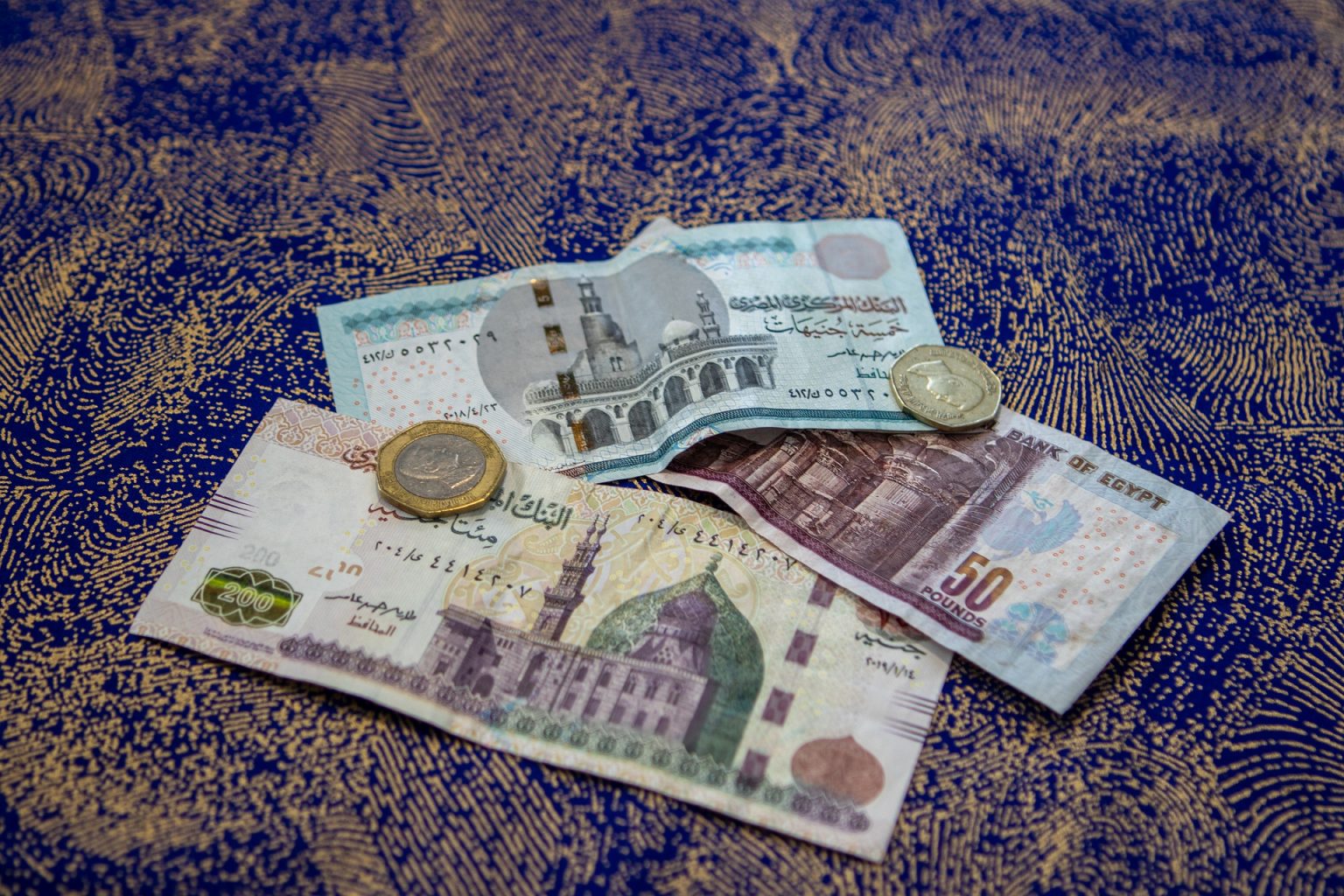Egypt's central bank has solidified its commitment to a flexible exchange rate system, prioritizing the free flow of foreign currency into the nation's economy. This policy shift, announced by Rami Aboulnaga, the deputy governor of the Central Bank of Egypt (CBE), comes after a period of fixed exchange rates that ultimately led to a shortage of foreign reserves.
The new approach aligns with a critical requirement of the $8 billion loan program secured by Egypt from the International Monetary Fund (IMF). The IMF emphasizes exchange rate flexibility as a key factor in fostering a healthy and resilient financial landscape.
Aboulnaga, speaking at an Atlantic Council event, emphasized that the Egyptian pound's value will now be determined by market forces. This signifies a move away from government intervention in setting the exchange rate. He acknowledged that the market will dictate the value, "fair or not," underscoring the central bank's commitment to a market-driven system.
The decision to embrace a flexible exchange rate follows a significant devaluation of the Egyptian pound in March 2024. This devaluation addressed the issue of an overvalued currency, which had stifled imports and created a black market for foreign exchange. The black market thrived as businesses and individuals struggled to access foreign currency through official channels due to the artificial exchange rate.
Aboulnaga expressed optimism about the new system's impact, highlighting the "complete obliteration" of the black market since the devaluation and the subsequent shift to a flexible regime. This signals a potential increase in transparency and stability within Egypt's foreign exchange market.
The central bank is also focused on ensuring continued access to foreign currency for various sectors of the economy. This will be crucial in facilitating imports of essential goods and raw materials, which are vital for sustaining economic activity.
While the long-term effects of the flexible exchange rate system remain to be seen, the initial response appears positive. Increased interbank trading volumes and improved liquidity suggest a more balanced and functional foreign exchange market.
The Egyptian government hopes that this policy shift, along with the IMF loan program, will contribute to a more robust and sustainable Egyptian economy. By allowing the market to determine the value of the Egyptian pound, Egypt aims to attract foreign investment, boost exports, and ensure a steady flow of foreign currency, ultimately propelling the nation's economic growth.

